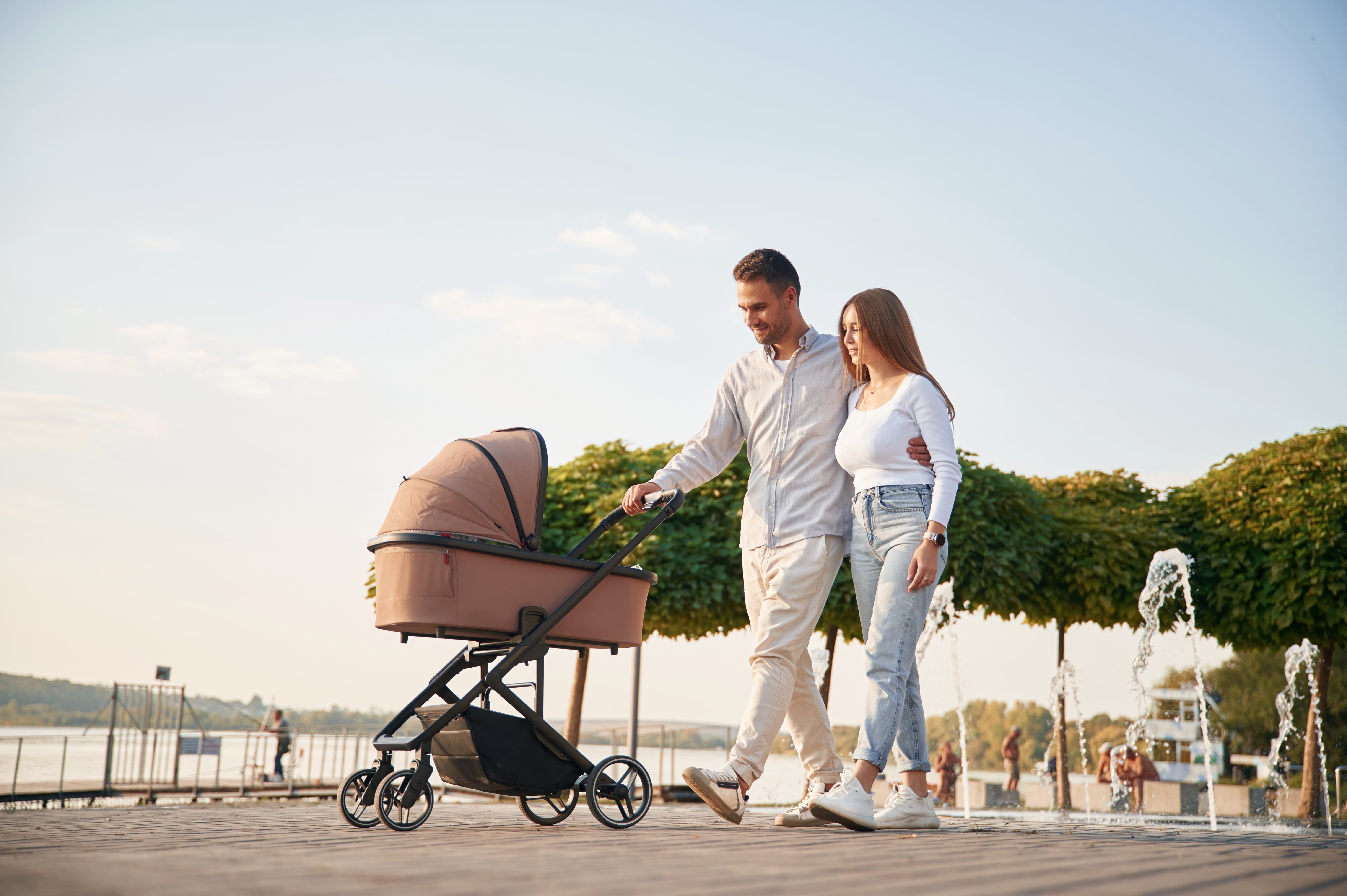Strollers and Pushchairs: The Ultimate Guide for Parents
Picking the ideal stroller or pushchair is one of the most vital choices brand-new parents will make. With Best Prams UK of alternatives readily available, understanding the distinctions and features can significantly affect the experience of both parents and kids. This detailed guide intends to illuminate the distinctions between both, the aspects to consider when buying, and answers to regularly asked concerns.
Comprehending Strollers and Pushchairs
Strollers and pushchairs are frequently utilized interchangeably, but subtle distinctions set them apart. A stroller is typically developed for babies and young children, offering a more flexible approach with added functions for comfort and safety. On the other hand, pushchairs are usually intended at older babies who can sit up unaided and tend to be more lightweight and portable.
Key Differences Between Strollers and Pushchairs
| Feature | Stroller | Pushchair |
|---|---|---|
| Age Range | Newborn to young child | Typically for 6 months to 3 years |
| Weight | Usually heavier due to additional features | Lighter and typically easier to carry |
| Recline Position | Can normally recline totally for infants | Restricted recline; frequently upright |
| Storage Space | More storage compartments and devices readily available | Very little storage, often simply a small basket |
| Comfort | Designed with more padding and support | Less cushioning, lighter frame for ease of use |
| Foldability | Might have complicated folding mechanisms | Frequently designed to fold quickly and compactly |
Elements to Consider When Buying a Stroller or Pushchair
When picking in between a stroller or pushchair, several aspects can shape your decision. Here are some important considerations:
1. Security Features
- Harness system (5-point is the most safe)
- Stability and strength of the frame
- Brakes that lock safely
2. Convenience
- Padding and assistance for the child
- Adjustable seat positions
- Ventilation for hot weather
3. Size and Weight
- How simple is it to transfer?
- Will it fit in your vehicle?
- Does it use up too much storage area in your home?
4. Adaptability
- Is it adaptable for cars and truck seats or carrycots?
- Can it deal with different terrains (urban vs rural)?
5. Cost
- What is your budget plan?
- Does the stroller/pushchair offer value for its features?
6. Reduce of Use
- How easily can it be folded and unfolded?
- Is it simple to browse through crowds or tight areas?
7. Resilience
- What materials are used?
- The length of time is the guarantee?
8. Brand Reputation
- Try to find brands understood for producing quality items.
- Check out evaluations from other moms and dads.
The Types of Strollers and Pushchairs
Strollers and pushchairs can be found in different designs, each accommodating particular requirements. Here's an introduction:
1. Basic Strollers
- Heavy-duty and well-padded.
- Suitable for everyday usage.
2. Light-weight Strollers
- Extremely portable and simple to bring.
- Ideal for travel.
3. Jogging Strollers
- Developed for active moms and dads.
- Can deal with rugged surfaces.
4. Convertible Strollers
- Can adjust from a single to double stroller.
- Flexible and grows with the household.
5. Travel Systems
- Consists of a baby safety seat and a stroller.
- Offers smooth transitions from car to stroller.
6. Umbrella Strollers
- Extremely portable and inexpensive.
- Best for fast journeys and older babies.
| Type of Stroller | Pros | Cons |
|---|---|---|
| Standard | Strong, comfy | Much heavier and bulkier |
| Light-weight | Easy to carry | Minimal functions |
| Jogging | Great for workout and outdoor use | Might not be ideal for infants |
| Convertible | Adaptable for growing households | Bulkier than standard strollers |
| Travel System | Convenience of combined requirements | Can be costly |
| Umbrella | Extremely portable | Less resilient |
FAQs About Strollers and Pushchairs
Q1: At what age can a baby utilize a stroller?
A lot of strollers are suitable for usage from birth if they fully recline. Ensure to examine manufacturer guidelines, as some might just accommodate babies over six months.
Q2: How do I tidy my stroller or pushchair?
Most strollers have removable and washable fabrics. Usage Best Prams UK and water for the frame and inspect the fabric labels for particular cleaning guidelines.
Q3: Can I use a stroller on different surfaces?
Yes, specific types, like jogging strollers or all-terrain strollers, are particularly designed for uneven surfaces. However, some lightweight models are not ideal for rough surface.
Q4: How long can I expect my stroller to last?
Quality strollers can last numerous years, often till the child is around 4 to 5 years of ages, depending upon usage and care.
Q5: Are strollers safe for overnight sleeping?
While some strollers use flat recline positions that appropriate for infant sleep, it's vital to follow safety guidelines and monitor the child while in the stroller.
Selecting the best stroller or pushchair is a choice that extends beyond mere option; it enhances the parenting experience and ensures the safety and convenience of the child. By understanding the distinctions, examining various elements, and checking out the types offered, parents can make an informed choice that accommodates their way of life and fulfills the needs of their growing family. Keep in Best Prams UK to constantly prioritize security and comfort above everything!

